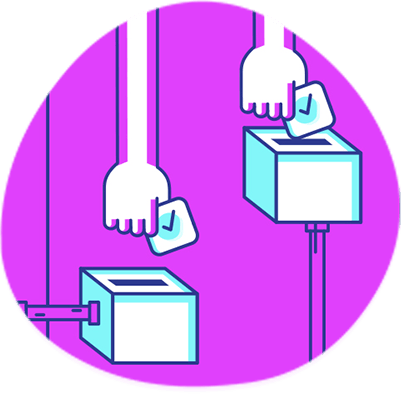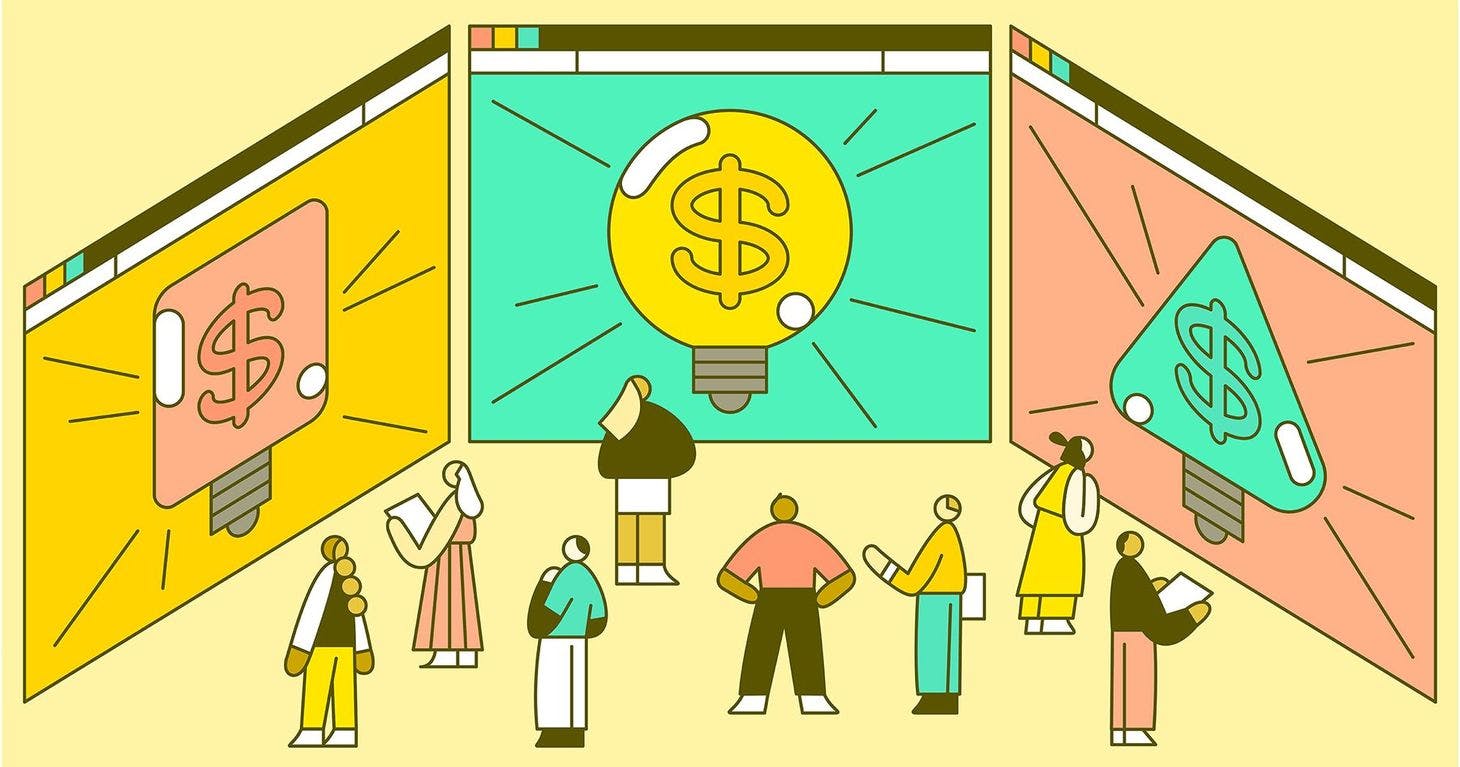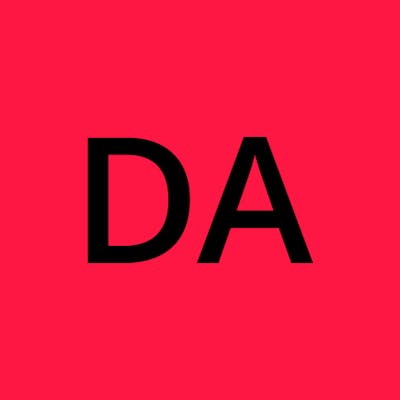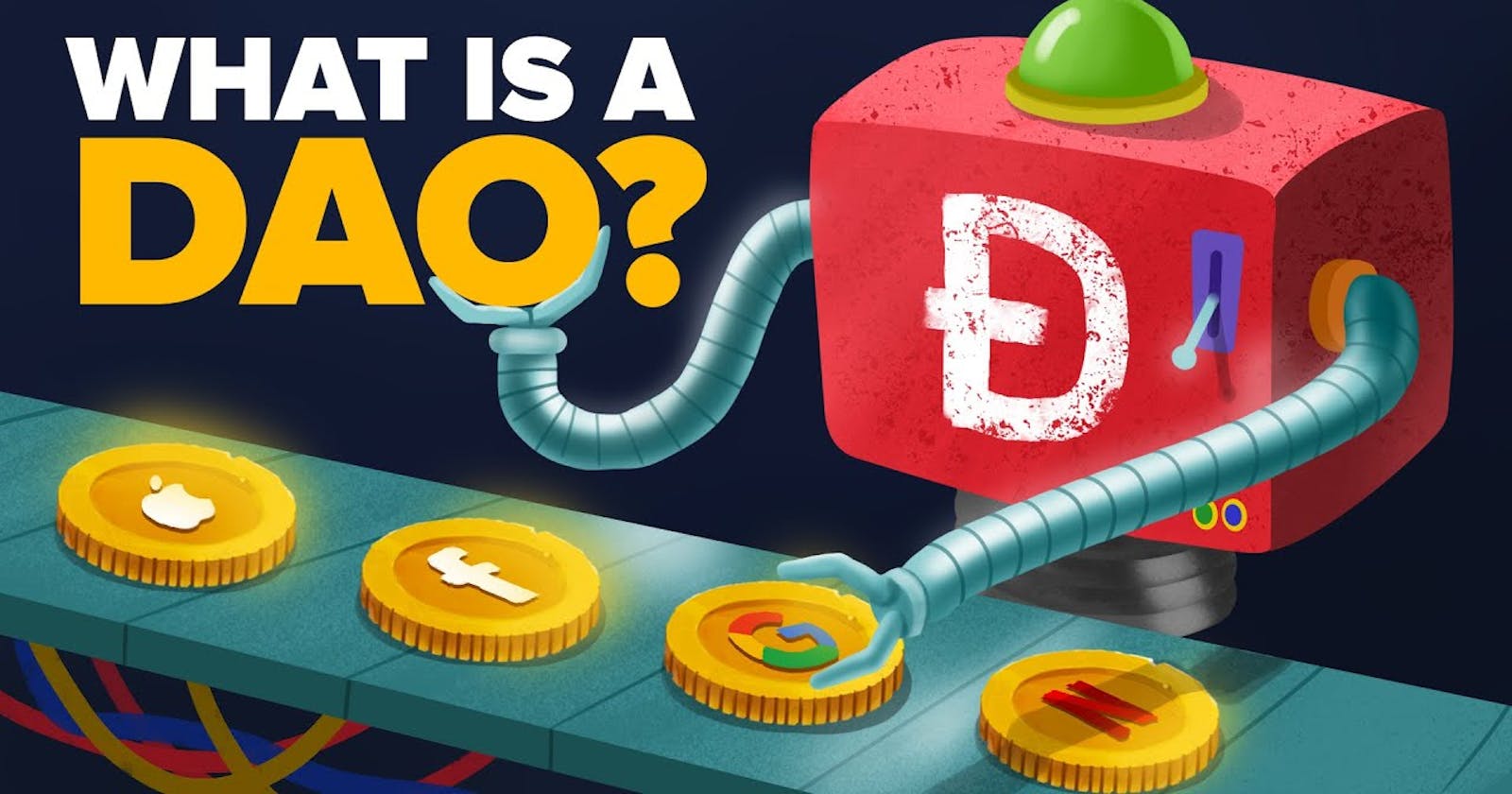What is a DAO?
DAOs, or Decentralized Autonomous Organizations, are efficient and a secure method to collaborate with like-minded people all across the world. Consider them an internet-native business that their members collectively own and govern. DAOs are exactly what they're named for, as they are:
- Decentralized — no single person or organisation can change the rules.
- Autonomous — votes are counted, and logic-based judgments are made, without the need for human involvement, inscribed into a smart contract
- Organizations — entities that coordinate activities among a diverse group of people/stakeholders
DAOs are an example of what is referred to as "on-chain governance." Companies have bylaws that specify specific principles, such as how a board is elected, new ideas being proposed within the organisation or delegations in roles. By encoding these regulations into smart contracts, a DAO brings this concept into the digital realm.

Why does it matter?
DAOs are a new governance paradigm based on openness and inclusiveness for new types of organisations within web3. The governance mechanisms of an organisation define how it makes decisions that are in the best interests of all stakeholders/members. Many existing organisational structures, such as companies, present issues in that decisions are rarely made transparently, and stakeholders frequently face high obstacles to participation in governance.
DAO’s still have this same issue, however it brings in a new way of looking at the same problem; eradicating the issue of reliability and transparency as it is not influenced by the central government and rather a computer program controlled by the organisation’s members. As the rules are embedded into the code, it takes away any hierarchal hurdle thus removing bureaucracy.
How is this all possible and where does the funding come from?
DAOs are transparent and public, no one can change the rules without others noticing. Although we are accustomed to organisations with legal status, a DAO can function perfectly well without it because it can be constituted as a general partnership.

DAOs have a more democratic structure than regular corporations. Any changes to a DAO must be voted on by all members, rather than being enacted by a single party. The majority of DAO funding comes from token-based crowdsourcing and are governed by the community, whereas traditional firms are governed by executives, Boards of Directors, activist investors, and so forth. Traditional companies' operations are private, with only the organisation knowing what is going on, and they are not always global, but DAOs' operations are totally transparent and global.
Real world use and the future for DAO's?
DAOs have been utilised for a variety of reasons so far, including investment, charity, fundraising, borrowing, and buying NFTs, all without the involvement of intermediaries. To give you an example, a DAO can take donations from anywhere in the world, and its members can select how to spend those money.
Can you image being a co-owner of a music by just using cryptocurrencies on an internet-based platform? Jhai DAO obtained its first NFT, an original song by Steve Aoki in May 2019. The purchase of NFTs will be overseen by its members, and the Unicly protocol's smart contracts will manage the vault where these NFTs will be added.
I am still learning the full scope of how DAO's run and the issues that they may face in the near future but it is a very promising answer for governance within government of a state, by a market, or by a network.

